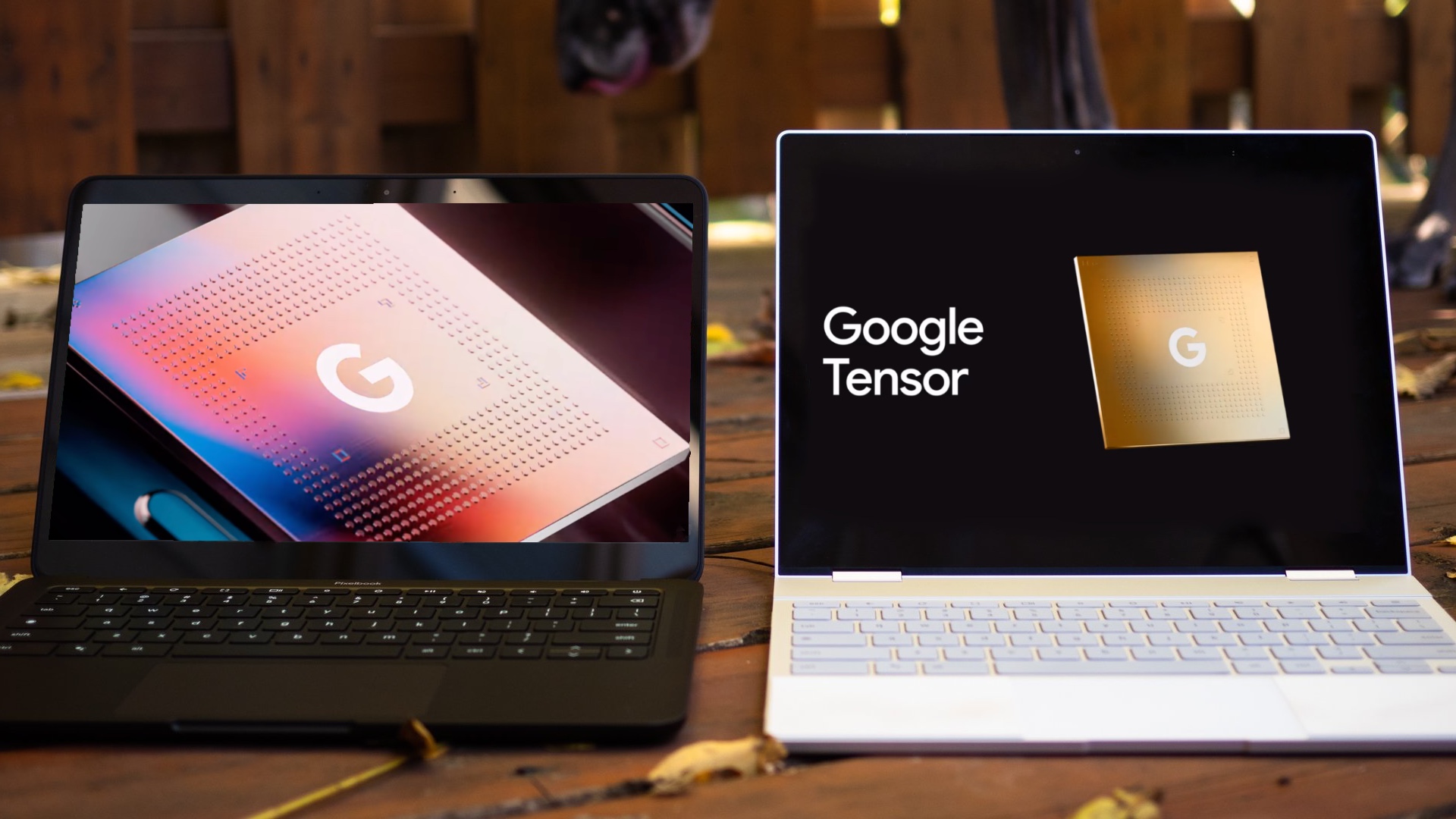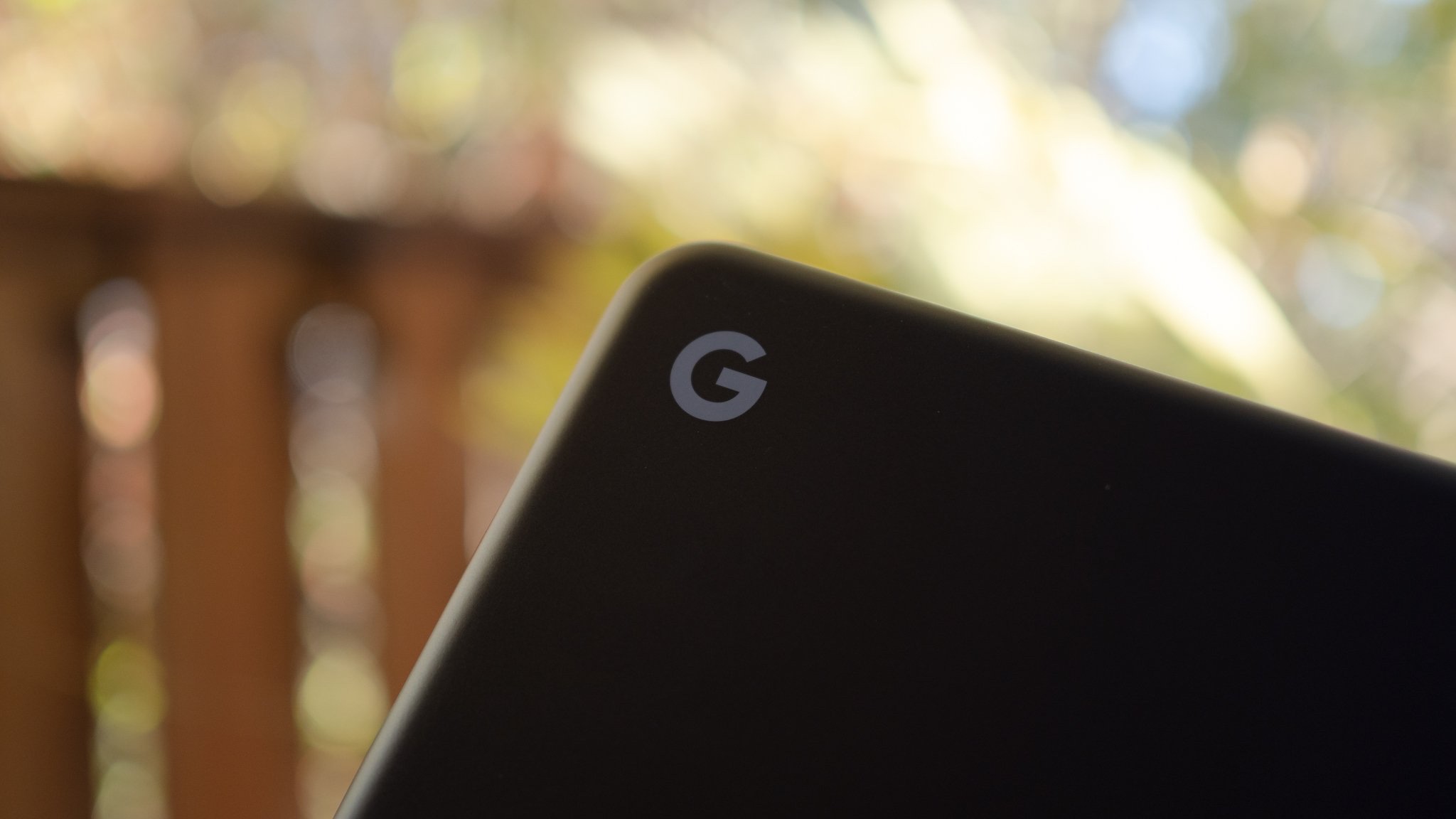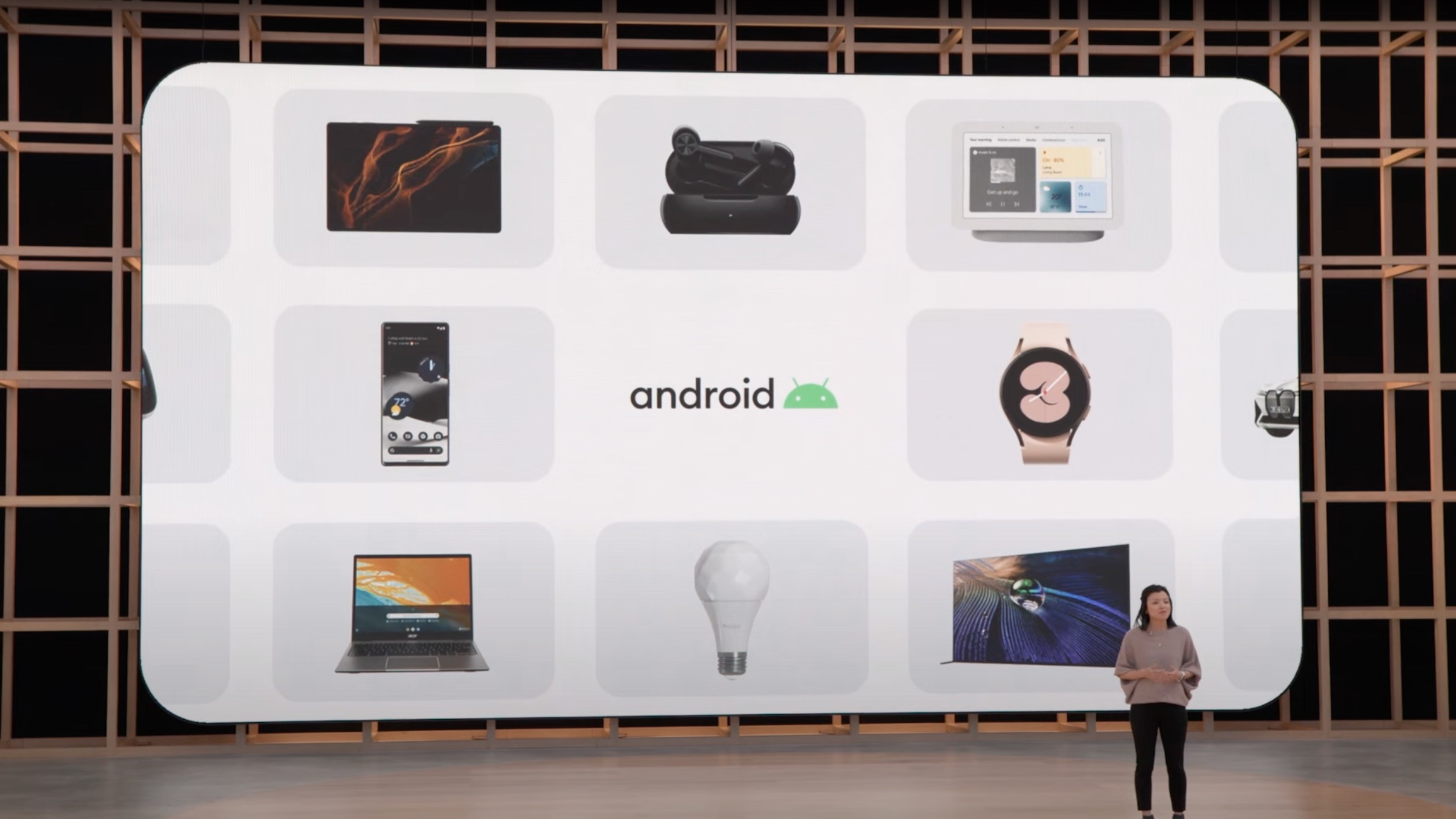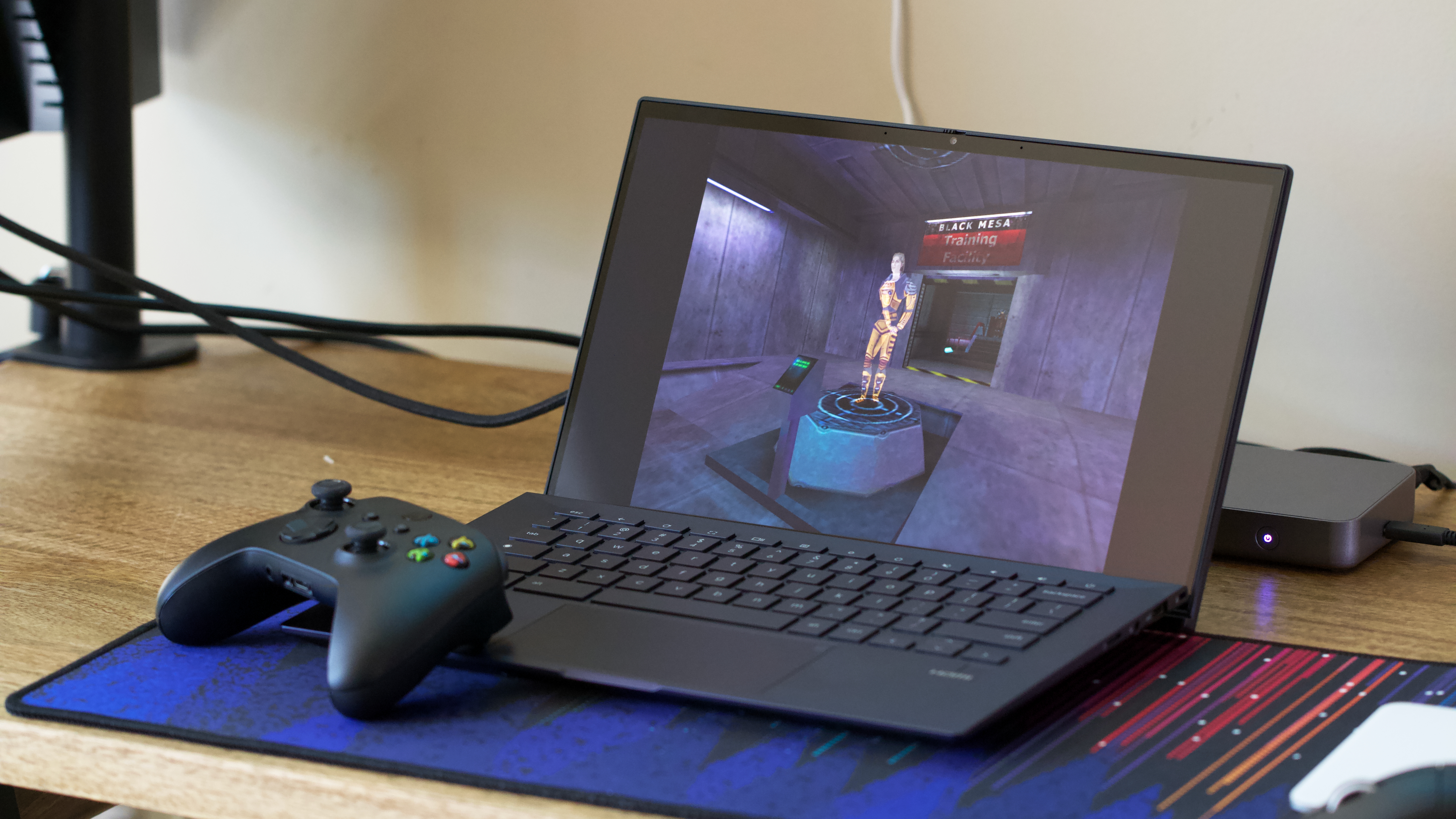It's time for Google to release a Pixelbook 2 powered by Tensor

Four score and seven years ago, Google announced the Pixelbook Go. It's regarded as one of the best Chromebooks on the market, despite being almost three years old at the time of this writing. The popularity of Chromebooks has exploded in recent years, in large part thanks to the pandemic that continues to force people to work from home, as opposed to returning to the office.
In the time since the Pixelbook Go was announced, we’ve been (im)patiently awaiting the arrival of a Pixelbook 2. There was a brief period of time when the idea of another Google-made Chromebook was left to the wayside altogether. This is especially true considering that the Pixelbook Go uses Intel’s 8th Gen chipsets, and we’re now anticipating an upcoming wave of 12th Gen Intel processors. Plus, AMD’s Ryzen 5000 processors are now making their way into Chromebooks from Acer and others.
Then, the Pixel 6 announcement happened, with Google introducing its all-new in-house developed chipset named Tensor. It’s something that we’ve been anticipating ever since the first Google Pixel was unveiled, and it’s finally here. Not only that, but the Tensor chip, with all of its Machine Learning prowess, and near-flagship power, is being transplanted into the forthcoming Pixel 6a.
There’s one thing missing from this lineup, and that’s a refreshed Google Pixelbook.
At Google I/O 2022, we even got a sneak peek at a brand-new Pixel Tablet, which really came out of left field. But between the Pixel 6, Pixel 6a, Pixel Watch, and now Pixel tablet, the idea of a fleshed-out Google ecosystem is finally upon us. Sure, we have to wait until next year to learn more about the tablet, but it’s better than nothing.
No Pixelbook 2 in 2022

Late in 2021, Google confirmed that a new Pixelbook wasn’t on the docket for release in 2022. And in the same breath, the company said it “didn’t know” in terms of a release beyond that. But that doesn’t mean that Google isn’t actively working on one.
The Pixelbook 2 is already shaping up to be a Pixel Watch 2.0 situation, as Google is more than content with advertising some of the best Chromebooks from its partners. And that’s not a bad thing either, as we’re seeing some really incredible options from Acer, Lenovo, ASUS, HP, and others. But some of us still want that Google-made Chromebook to fill our needs.
Previous rumors point to another high-end design, hopefully matching up with more of what the Pixelbook offered with its glass and aluminum build. We’re also hoping the keyboard from the Pixelbook Go is transplanted into whatever Google is working on, as that arguably still offers the best typing experience on a Chromebook to date.
Get the latest news from Android Central, your trusted companion in the world of Android
There have been a few rumors regarding a Pixelbook 2, but Google was quick to confirm it's not coming in 2022, if ever.
Rumors have also pointed to Google working on developing a custom version of the Tensor chip designed to be used in a future Chromebook. This would stack up quite nicely against the other ARM-powered options out there, but I would venture to guess that it would be even better. Google’s constantly making improvements to its Machine Learning processes, as evidenced by the changes coming to Magic Eraser for Pixel owners. Even the Pixel 6a, with its $449 price tag, is getting all of the ML power offered by Google’s flagship chip.
I’m not as technologically savvy as AC’s own Jerry Hildenbrand, but I can surmise that a Pixelbook powered by Tensor would be lightweight, portable, powerful, and would serve its users well for the better part of the next 10 years. It may not feature all the bells and whistles, but we’re just fine with that.
What about an Intel or AMD version?

This is a very valid question and one that doesn’t have a great answer. Personally, I would prefer to see a Tensor-powered Pixelbook, if only to have Google be able to keep everything in-house. Just to deliver on its “Better Together” initiative, once and for all.
But the truth is that there’s a lot of work being put into Chrome OS to take advantage of what Intel’s 12th Gen chipsets have to offer, along with the addition of AMD’s Ryzen 5000 series. Just look at what’s happened over the past couple of months, with the Borealis implementation, providing native Steam gaming on Chrome OS. Of course, this is still in its Alpha phase and is limited to select Chromebooks with Intel’s latest chips.

That means, at least for the time being, that you won’t be able to play Steam games or even try out Steam Alpha on those fancy-new AMD processors. And some games are still unplayable, even if you have a Core i7 paired with 16GB of RAM. Those are just the limitations that we’ll have to deal with when it comes to Chromebooks without an internal GPU. As a side note, I’m expecting AMD Chromebooks to be added to the supported list in the near future, but it hasn’t happened just yet.
Looking forward to Google's promise
So what about an Intel or AMD-powered Pixelbook? Sure, I’m all for it. It’s not exactly what I would want to see, as I would still prefer to see a Tensor ecosystem of products and devices. Just give me a high-end design with some Google or Pixel flair, along with a great keyboard, incredible display, and plenty of power. I just think it would be more fun to see a Tensor chip in a Chromebook instead.
Maybe, just maybe, that will be Google’s “One More Thing” at its Pixel 7 and Pixel Watch launch event.

Andrew Myrick is a Senior Editor at Android Central. He enjoys everything to do with technology, including tablets, smartphones, and everything in between. Perhaps his favorite past-time is collecting different headphones, even if they all end up in the same drawer.
